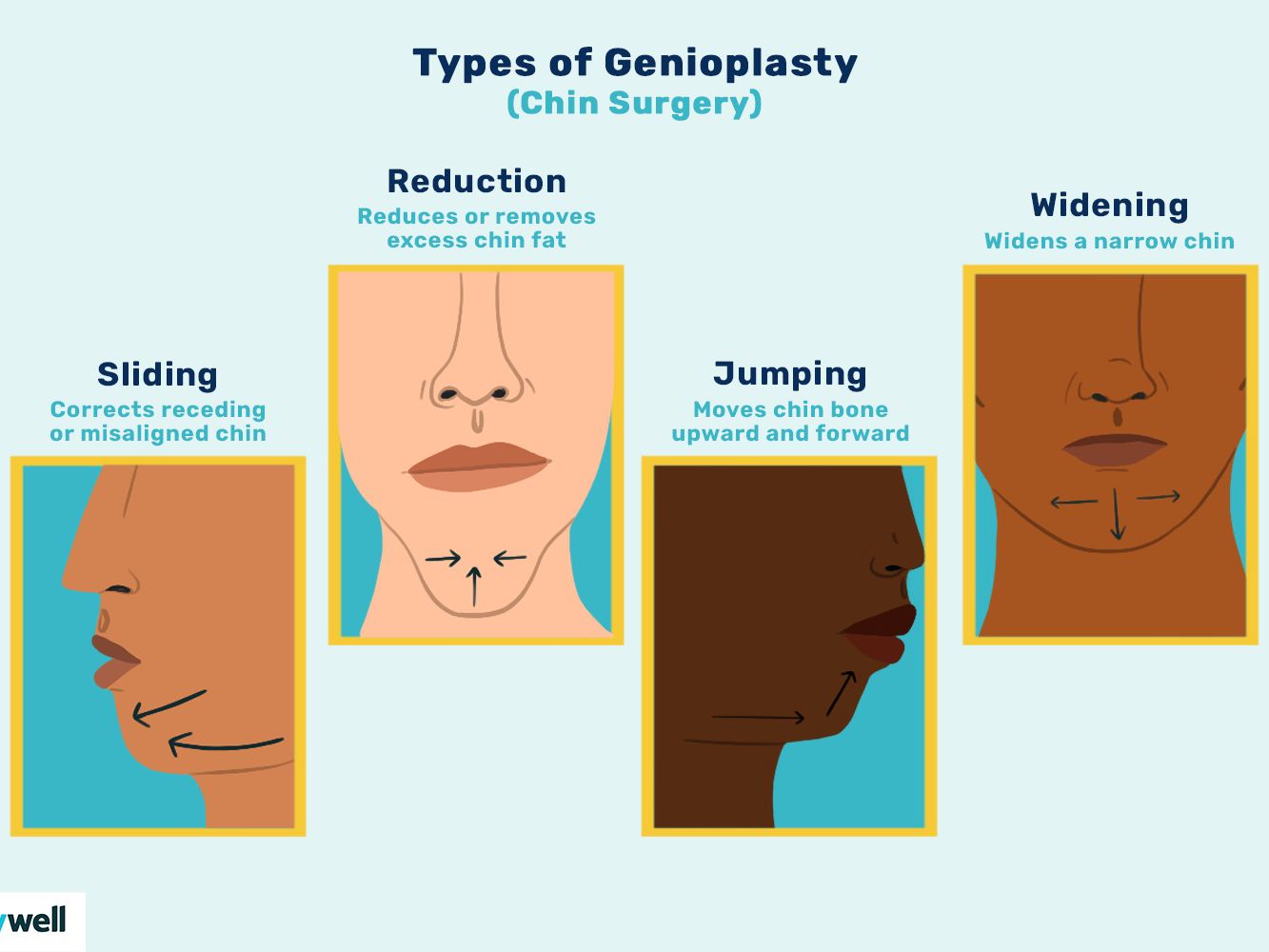
If you are considering getting a breast implant after radiation, you may be wondering if you should consider getting an autologous tissue breast reconstruction. This procedure involves transferring excess abdominal wall tissue to your chest and utilizing the specialized techniques of microsurgery. This surgery is performed by a surgeon who is both double-board-certified and fellowship trained.
Complications that occur
Radiation treatment complications can have a significant impact on the outcome of breast implants surgery. Some patients will need to have multiple procedures in order to obtain satisfactory results. In some cases, breast implants may have to be removed. The other complications include hematoma. Hematoma is the accumulation of blood near an area where surgery has taken place. This can cause swelling, bruising, and pain. This complication is more likely to occur if the patient has suffered a previous infection or seroma. The doctor may have to perform a reoperation in order to treat the problem.
Implant contracture or asymmetry is another risk that radiation treatment can pose. This is usually caused by muscle and may require revision surgery to correct. Before surgery, the surgeon will measure and mark the contracted superior Pole contour. The surgeon may also mark the desired superior Pole contour two to 4 centimeters below that contracted pole contour. The breast contour should match the non-irradiated contralateral breast.

Impact on quality-of-life
Research on breast cancer continues to focus on the effects of radiation and breast implants upon quality of living. There is increasing evidence that combining the two procedures improves patients' quality of life, as well as their satisfaction with the cosmetic result. It is still a matter of debate which method is best. Research can help us to find the best way for patients to communicate our opinions.
Modern surgery and radiation therapy may reduce the chances of breast carcinoma recurrences. With modern treatment, the rate of recurrence is between 5% and 7% after ten year, and between 6% and 7% after twenty years. Radiation therapy is also a risky treatment for breast cancer survivors. This increases the possibility of complications.
Complications
Breast implants and radiation therapy carry a number of risks for women. These include a reduction in breast elasticity and firmness. Radiation also reduces blood circulation by damaging the microvascular circulatory system. These side effects may last a lifetime. Radiation treatment can also cause inflammation of the lungs. This can cause dry cough and shortness of breath.
Two-year complication rates for breast reconstruction patients with breast implants or radiation were evaluated by researchers. Researchers found that 39% of patients who received radiation and implants irradiated had at least one complication. This is more than the rate of patients who only had implants and had undergone autologous reconstructive surgery. However, the overall complication rates were comparable.

Options for treatment
Breast reconstruction and autologous tissues transfer are the two main options for treatment of radiation-induced, breast cancer. The latter involves transferring excess skin or fat from the abdomen and back to your chest. This improves the quality chest wall tissues and utilizes the patient's own blood supply. This procedure is more time-consuming, but can be performed with fewer complications.
Radiation therapy and breast implantation are not without risks. It is important to choose the best treatment option for your comfort and overall health. Radiation can also result in scarring and hardening breast implants. This can make the breasts look less beautiful. Chronic pain can also be caused by radiation therapy. Radiation therapy can also cause chronic pain. Breast reconstruction is recommended following radiation therapy.